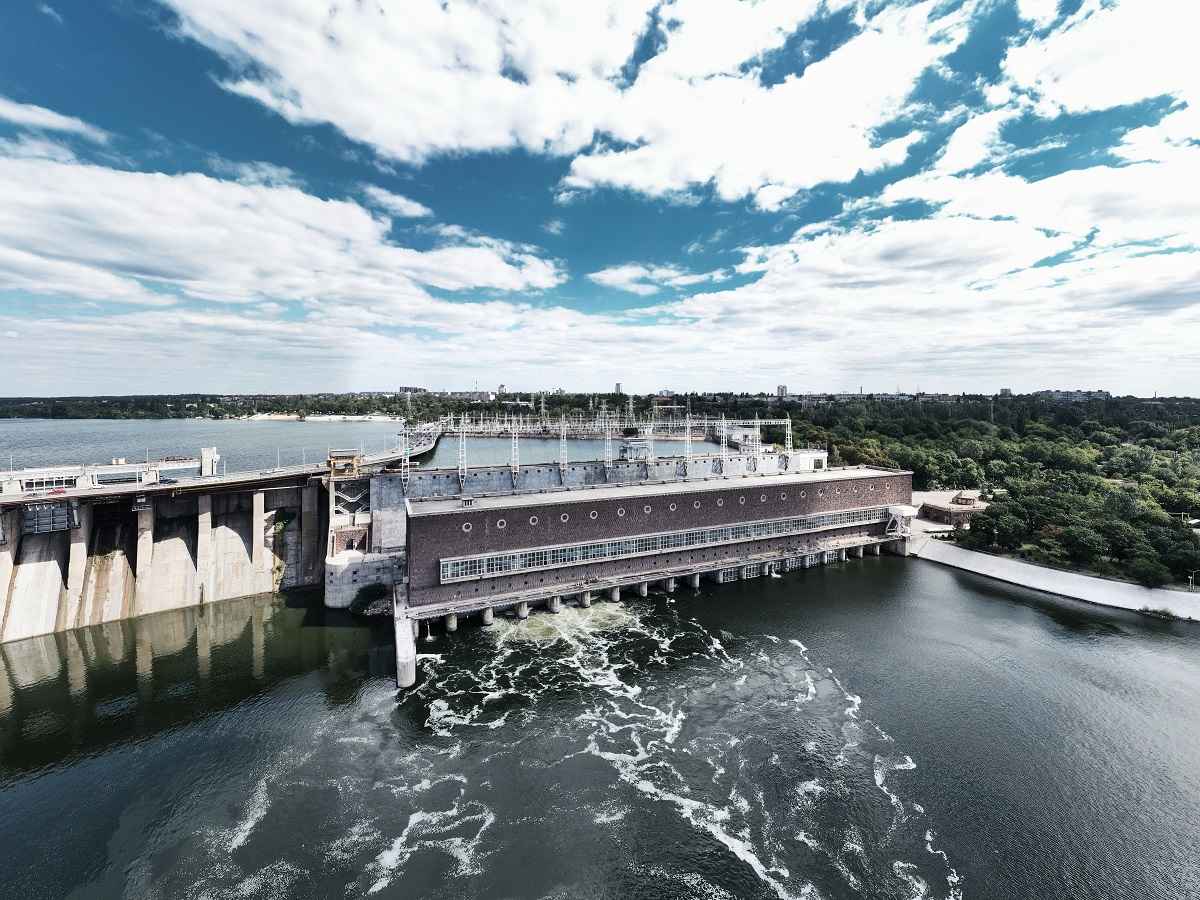What does a Hydropower Engineer do?
A Hydropower Engineer is responsible for designing, constructing, operating, and maintaining hydropower facilities to harness the energy of flowing water and generate electricity. This role involves working on various aspects of hydropower projects, including site assessment, feasibility studies, dam design, turbine selection, and environmental impact assessment.
The primary responsibilities of a Hydropower Engineer include conducting site assessments to evaluate the feasibility of hydropower projects, analyzing water resources, topography, and geological conditions to determine the suitability of potential dam sites. They use hydraulic modeling, hydrological analysis, and environmental assessments to assess the potential energy generation and environmental impact of proposed projects.
Hydropower Engineers design and engineer the components of hydropower facilities, including dams, reservoirs, intake structures, penstocks, turbines, and powerhouses. They develop detailed engineering plans, specifications, and construction drawings, ensuring compliance with regulatory requirements, safety standards, and environmental regulations.
How to become a Hydropower Engineer
Becoming a Hydropower Engineer involves a combination of education, training, and experience in civil engineering, water resources engineering, or related fields. Here’s a step-by-step guide on how to pursue a career in this field:
- Education: Obtain a bachelor’s degree in civil engineering, environmental engineering, or a related field with coursework in hydraulics, hydrology, water resources management, and structural engineering. Some universities offer specialized programs or courses in hydropower engineering or renewable energy.
- Gain Experience: Gain hands-on experience through internships, co-op programs, or entry-level positions with engineering firms, government agencies, or hydropower developers. Participate in projects related to water resources management, dam engineering, or hydroelectric power generation to build practical skills and industry knowledge.
- Specialized Training: Consider pursuing additional training or certifications in hydropower engineering, such as courses on dam safety, hydroelectric plant design, or renewable energy technologies. Professional development programs offered by industry organizations or professional associations can enhance your skills and credentials in this field.
- Obtain Professional Licensure: Obtain a Professional Engineer (PE) license by passing the Fundamentals of Engineering (FE) exam and the Principles and Practice of Engineering (PE) exam in your state or country. Licensure demonstrates your competence and legal authority to practice as a professional engineer in the field of hydropower engineering.
- Stay Updated: Stay informed about advancements in hydropower technology, regulatory requirements, and industry best practices through continuing education, professional conferences, and industry publications. Networking with peers, attending technical seminars, and participating in professional organizations can help you stay updated and connected with the latest developments in the field.
- Develop Soft Skills: Develop strong communication, problem-solving, and project management skills, as Hydropower Engineers often work in multidisciplinary teams and interact with stakeholders, regulatory agencies, and community members. Effective communication and teamwork are essential for successful project implementation and stakeholder engagement.
- Gain Field Experience: Seek opportunities to gain field experience by participating in field studies, site visits, or project inspections. Field experience provides valuable insights into the practical aspects of hydropower engineering, including construction practices, safety protocols, and environmental considerations.
By following these steps and continually expanding your knowledge and skills, you can build a successful career as a Hydropower Engineer and contribute to the development of sustainable hydropower projects.
Hydropower Engineer salary
The salary of a Hydropower Engineer can vary depending on factors such as education, experience, location, employer, and job responsibilities. On average, Hydropower Engineers earn competitive salaries due to the specialized nature of their work and the demand for skilled professionals in the field of hydropower engineering.
In the United States, the median annual salary for a Hydropower Engineer is approximately $85,000. However, salaries can range from $60,000 to over $120,000 or more, depending on factors such as geographic location, years of experience, professional licensure, and employer.
Where does a Hydropower Engineer work?
A Hydropower Engineer can work in various settings within the renewable energy industry, including government agencies, engineering firms, consulting companies, research institutions, and hydropower developers. Here are some common workplaces for Hydropower Engineers:
- Engineering Firms: Many Hydropower Engineers work for engineering consulting firms specializing in water resources engineering, dam design, and hydropower development.
- Hydropower Developers: Hydropower developers, such as utilities, energy companies, or independent power producers, employ Hydropower Engineers to develop, design, and manage hydropower projects.
- Government Agencies: Hydropower Engineers may work for government agencies at the federal, state, or local level, such as the U.S. Army Corps of Engineers, the Bureau of Reclamation, or state water resources departments.
- Research Institutions: Some Hydropower Engineers work for research institutions, universities, or national laboratories conducting research and development on hydropower technology, environmental impacts, and sustainable water management practices.


